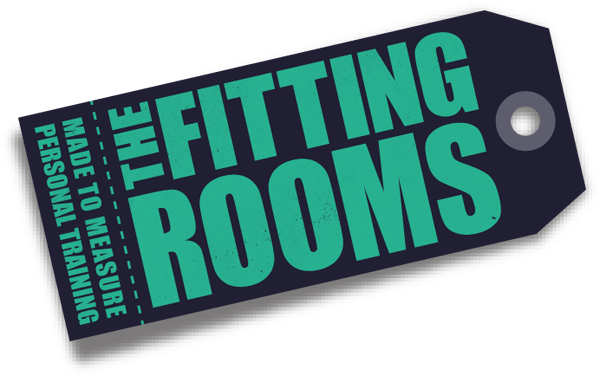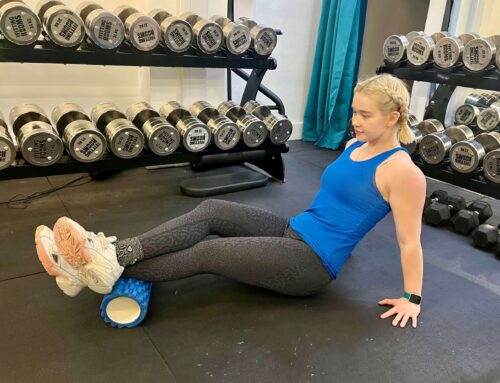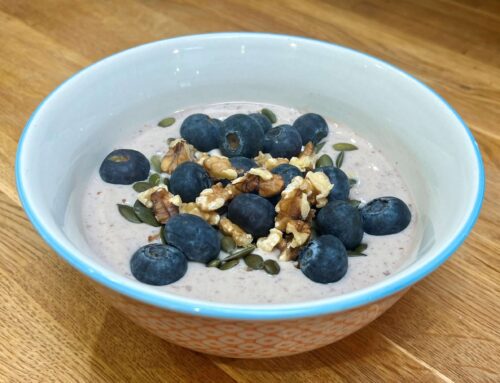Collagen is a protein produced by the body that plays an essential role in protecting our joints and bones and providing structural support to tissue in the body. It’s known for its aesthetic benefits to our skin and hair, providing the elasticity associated with their health.
Your body will naturally produce collagen, but you can also increase levels through your diet with foods such as chicken and fish, or by taking supplements.
In younger years collagen is produced in abundance but this starts to decline around age 25, resulting in the typical signs of aging such as wrinkles or sagging skin, but also contributing to reduced bone strength and joint stability. Therefore, an increased intake of collagen for older adults can be effective in reducing these aging processes.
Studies have also shown that collagen supplements could also be effective for those at high risk of osteopenia and osteoporosis (where bones become weaker and more at risk of injury), such as people in post-menopause. There is less evidence to show that collagen supplements are as effective for populations that are not at risk of low bone mineral density such as men, younger people or people who already have significantly strong joints and bones.
Overall, whilst collagen supplements might be helpful for some at-risk populations, it’s important to note that you shouldn’t need to take collagen supplements. Instead, focus on getting enough high quality protein, vitamin D, C, Calcium and Zinc, and participate in regular resistance training, to ensure you maintain healthy collagen levels and bone strength.








Leave A Comment